Security has never been more important in the development of a place to call home in an age of quick information, faster consumption, and new dangers on a regular basis. However, the contemporary notion of ‘home’ has evolved as well.
People from all over the globe are increasingly looking for areas where they may live in relative safety while using a country’s legislation, tax structure, and resources to develop their own empire, whether it’s for a little company or a multinational.
This implies that it’s vital to not only identify today’s safest nations in the globe but also to highlight the key factors that lead to those countries’ greatest living standards and commercial possibilities
These are the categories that will be covered:
- Livability
- Theft, robbery, and violence
- Dependence on the economy
- Natural resources and food
These are the safest nations on the planet, making any shift more attractive than ever before.
New Zealand
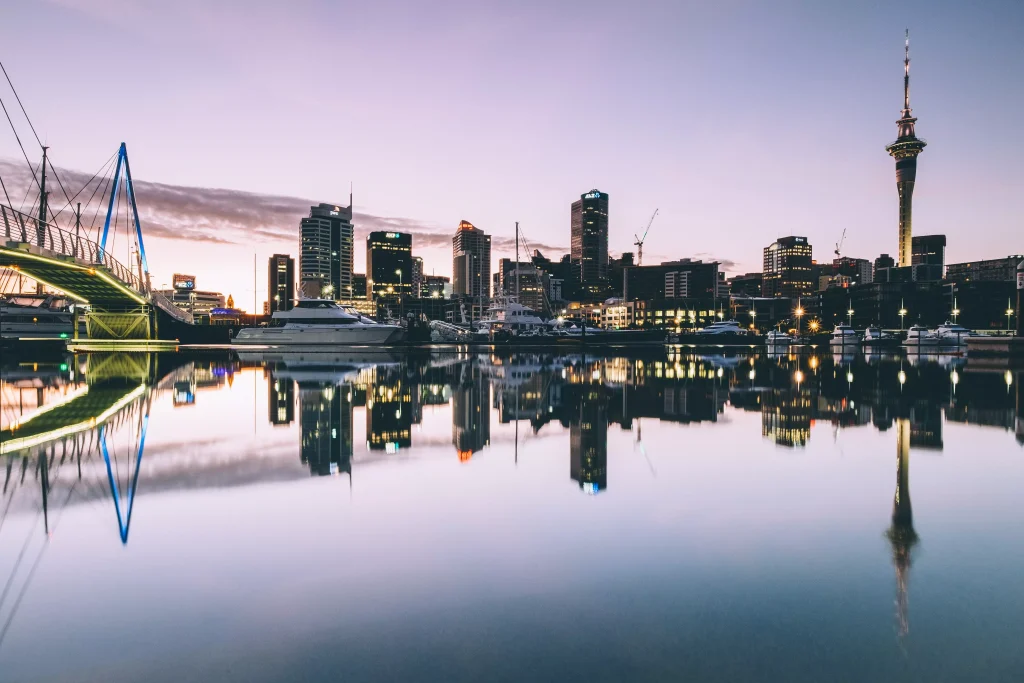
Low crime rates, spectacular natural environment, a strong tourist industry, and proximity to Australia’s busy east coast all contribute to New Zealand’s ranking as the world’s second safest nation. New Zealand is also unique because of its people, but there’s more to it.
New Zealand is often regarded as a peaceful country. Its multicultural population of almost five million people, beautiful hidden beaches, mild climate, and generally progressive society set against the background of established large cities all contribute to this.
The nation also has publicly sponsored universal healthcare coverage. New Zealand has been regarded in high esteem in recent years as a result of its effective handling of the epidemic. While the capital of Wellington, as well as Auckland, are among the country’s most livable cities, residents have raised concerns about property affordability and sluggish wage growth.
Those who have stable homes and jobs will gain the most from living in New Zealand, while those who do not may find it difficult. So there is no political instability and the quality of life is generally high.
Denmark
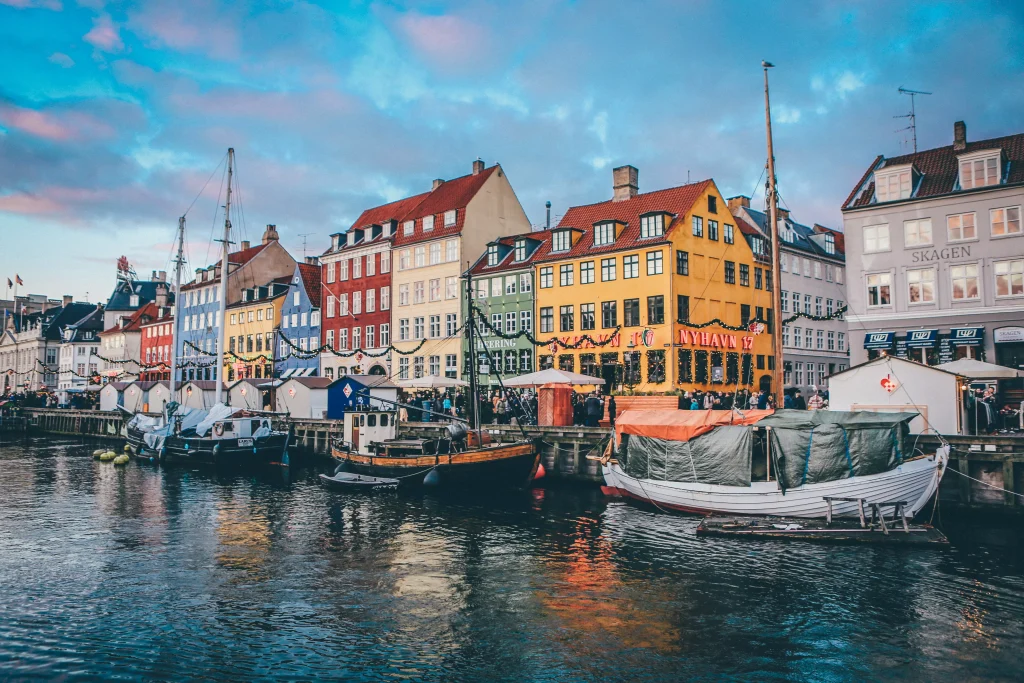
This Scandinavian nation is often regarded as one of the safest in the world. It has a low crime rate and almost little natural catastrophe risk. The Danish capital, Copenhagen, is ranked first in the Economist’s Safe Cities Index for 2021.
According to the OECD, residents in Denmark have decent access to high-quality healthcare, with the nation spending more on healthcare than the EU average — 10.1 percent of GDP. Check out our most recent rating of the greatest healthcare systems in the world. Denmark boasts cutting-edge infrastructure and claims to have Europe’s most dependable energy.
In the European Consumer Airport Index, Copenhagen’s airport is ranked third. The quality of public transportation is excellent. Denmark has low crime rates and rigorous driving standards, making it one of the safest nations in the world. Broadband is virtually universally accessible in the United States.
The government’s Cyber and Information Security Strategy is presently bolstering digital security. Denmark’s goal is to recycle 70% of its garbage by 2024. Copenhagen has its own climate adaption strategy and has invested in cleaner public transportation.
To sum up, it is close to northern lights where the level of distrust is low, and different indicators suggest that this is one of the top safest countries.
Canada
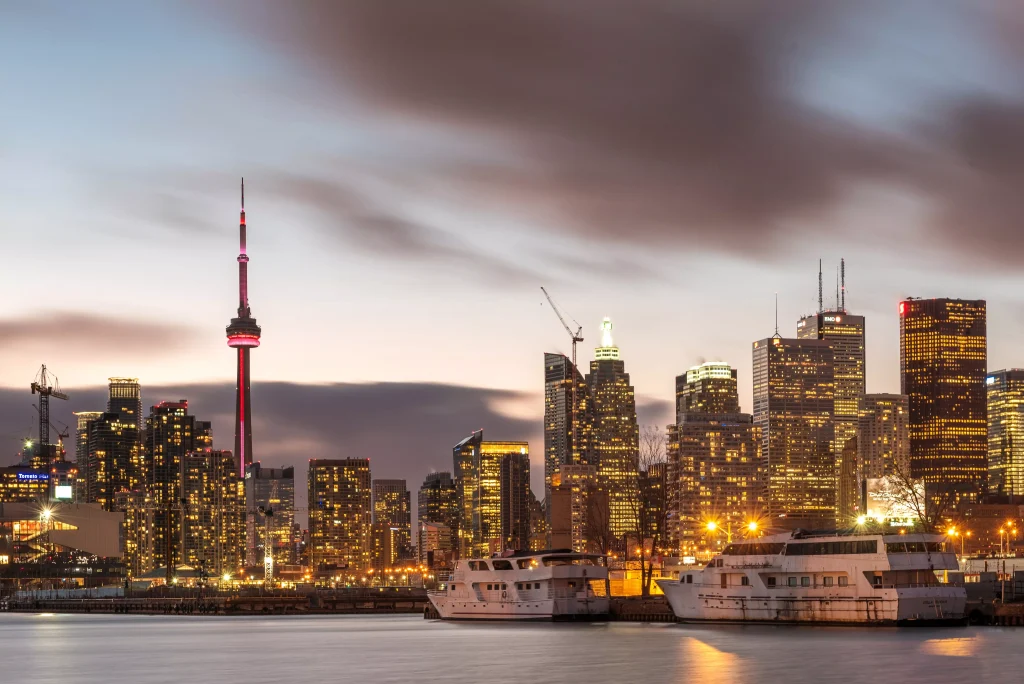
It’s no surprise that Canada is ranked among the safest nations in the world. It is still considered one of the world’s most peaceful nations, ranking sixth on the ‘Global Peace Index.’
This is why Canada is undoubtedly one of the safest nations in the world today, with minimal violence and crime, the world’s nicest inhabitants, employment possibilities, and political stability.
Its access to universal healthcare is also a significant advantage over the United States. When compared to the United States, living in Canada might be cheaper or more costly, depending on the service.
Because of the weakened Canadian dollar, health insurance and rent are less expensive, but consumer products such as basic foods and petrol may be more expensive. The nation is ideal for individuals who value a socially-progressive government as well as gorgeous topography that is ideal for skiing, sailing, and other outdoor activities.
The crime rate in Canada is around one-third that of the United States, yet the majority of Canadians feel secure in their nation. Despite an increase in crime over the last three years, Numbeo still considers its crime levels to be low to moderate.
Next to Northern Ireland, this country has the lowest level of number of homicides and is constantly improving its sustainable development.
Japan
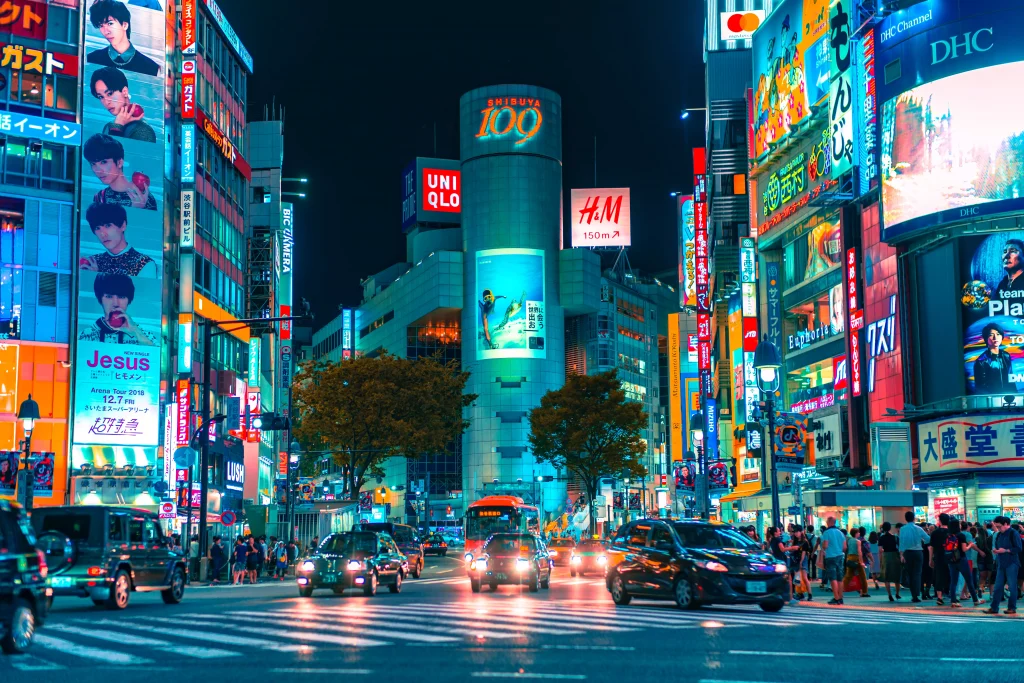
Japan has a reputation for being a safe place to live in and visit, having been named the second safest country in Asia in the Global Peace Report and having Tokyo ranked the fifth safest city in the Economist index. Japan has the highest life expectancy in the OECD, as well as low obesity rates and lower than average alcohol and smoking usage.
The nation has a universal healthcare system, in which people pay 30% of medical costs and the government pays 70%. Japan is famed for its cutting-edge, high-speed railways, especially the Shinkansen (bullet train) network, in addition to its sophisticated road and airport networks. According to security organization OSAC, Japan has a low crime rate and foreigner-targeted crimes are unusual, making it one of the safest nations in the world.
Although cyber security in Japan was improved in the run-up to the Tokyo Olympics, cyber crime remains a problem. Japan is working to achieve carbon neutrality by 2050. Investing in next-generation solar panels, hydrogen fuel, and electric cars is one of them.
There is no internal conflict or ongoing conflict here, lie there was in the past decade. However, there are a lot of volunteer programs and a so-called week of help, where all citizens participate. In terms of safety and the economist index, Japan has good access and is safe for living.
Austria
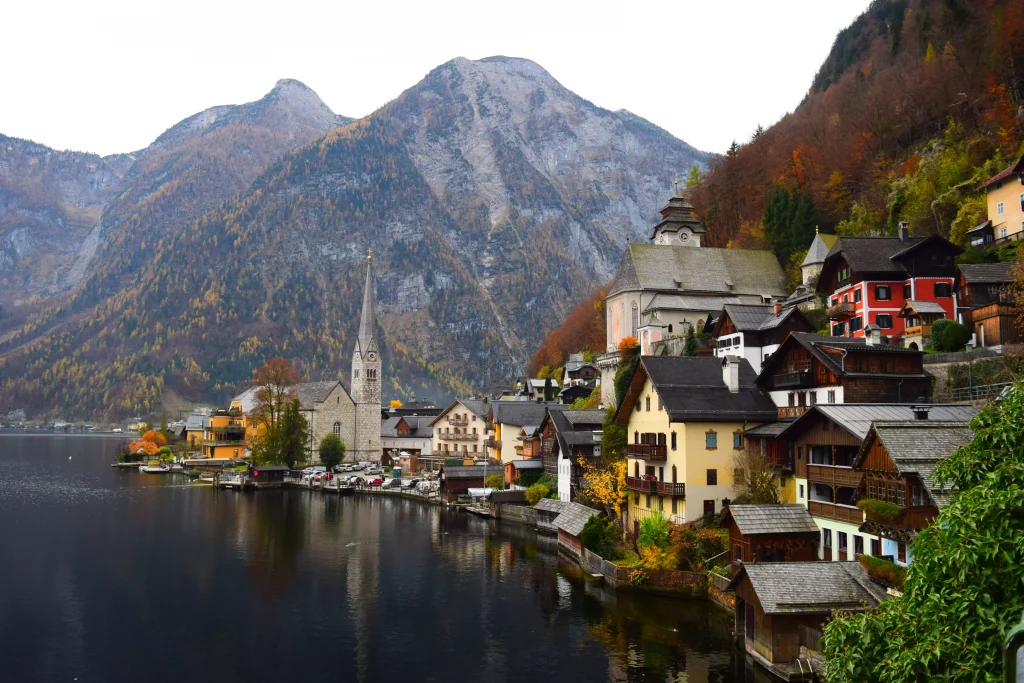
Austria is a very safe nation, with very little crime and much less violent crime. In most years, there are less than 100 homicides in the United States. In 2017, there were 123 murders in Israel, a nation with a comparable population. The overall high level of well-being among the people, great transit connections, and economical childcare and education are just a few of the numerous reasons to migrate to Austria. Austria also has a high degree of contentment.
Austrians are known for their friendliness, and visitors are usually greeted with open arms. Despite this, Austrians are more private in their personal life. Making friends with locals might be tough unless you connect with them on a regular basis at work or at a leisure activity.
Also, according to the world health organization, Austria is a very developed country and they should act as role models for other countries so the health care system becomes on of the higher priority targets, like it is for Austria.
Singapore
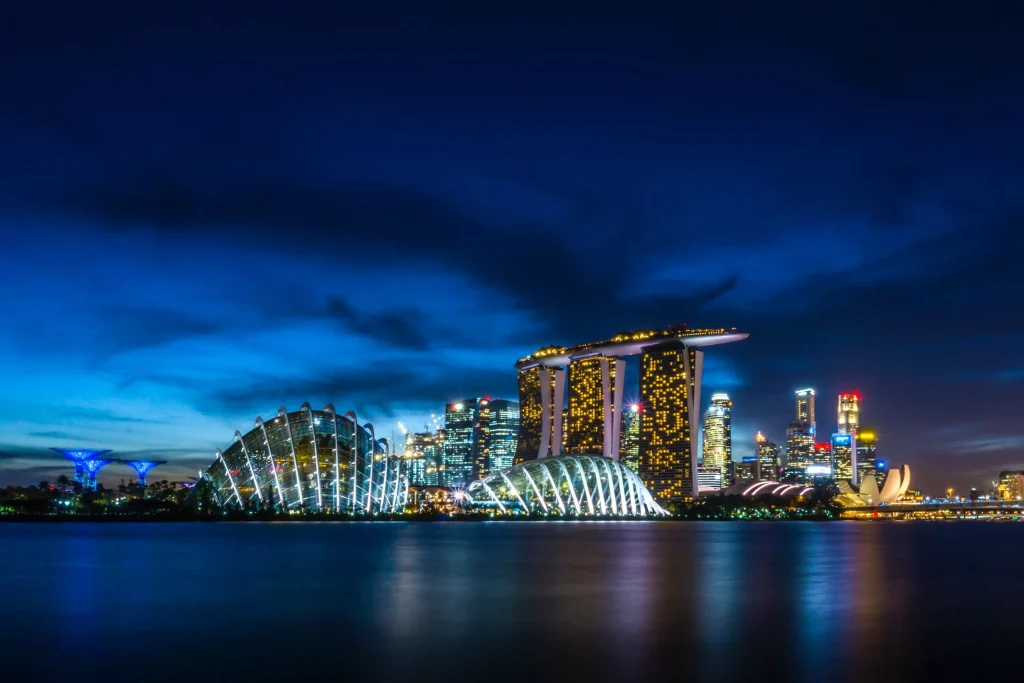
Singapore and its 5.7 million residents enjoy some of the world’s highest levels of personal security thanks to strict laws that extend to even the most minor of offenses – chewing gum was outlawed in 1992 in the name of public cleanliness, and severe penalties remain in place for everything from graffiti to jaywalking to spitting.
While the average standard of life in Singapore is great, it is on the pricey side. If you follow the guidelines, you should have no problems with the law in Singapore. While its rigidity may dissuade some of the more daring, it is the reason Singapore has been able to thrive and become the world’s most open free market economy.
This indicates there is less corruption, low tax rates, and pro-business legislation. It’s also a magnet for professional ex-pats, thus a wide cultural mix of individuals from all over the globe may be found there. The increased cost of living in Singapore is one disadvantage.
Expats may save money in this highly developed nation with world-class services by making modest lifestyle modifications such as living more like the locals. Singapore also boasts an efficient and broad healthcare system that is publicly supported and may be extended to people with permanent residence, according to international norms.
Portugal
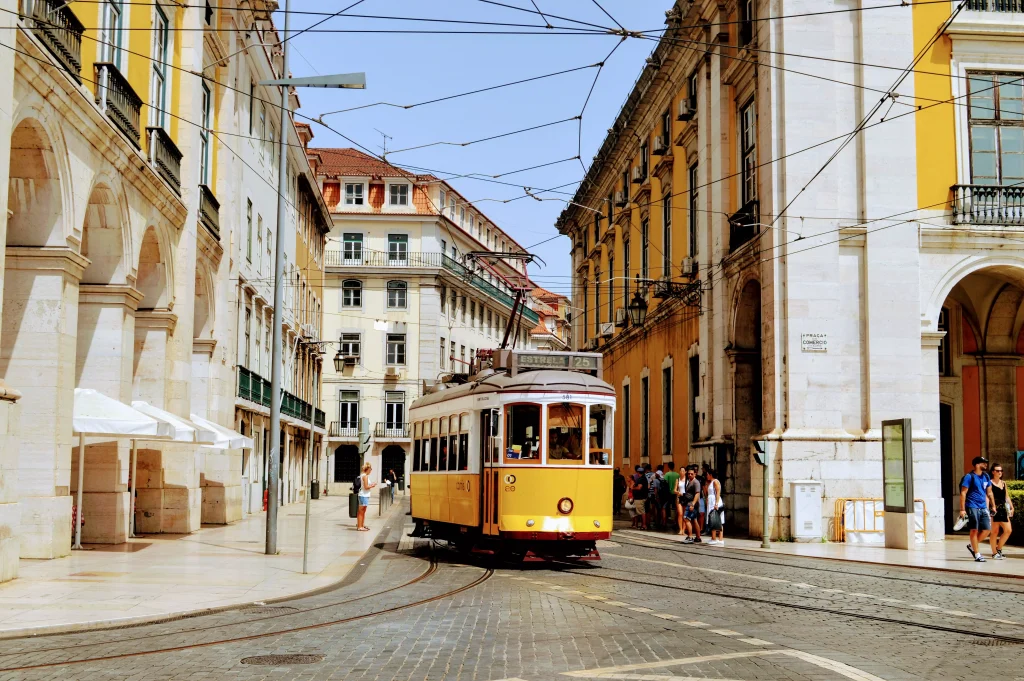
Portugal is ranked as the world’s third most tranquil nation to live in, but it’s not simply because of its fervent football culture. According to many statistical analysis, the country of Portugal ranks as one of the safest places in the world to live.
Portugal’s score has risen in recent years as a result of greater police presence, which has kept the crime rate low. Aside from that, the nation has a centuries-old history, beautiful scenery, world-class surf beaches, and a thriving wine economy.
Portugal has the lowest cost of living in Western Europe, according to International Living. Everything is reasonably priced, from food to temporary housing to rent. Even dining out may be a cost-effective alternative if you avoid the more expensive ones.
The economy has enjoyed a recovery throughout the years, due to a low unemployment rate and a strong safety record. According to the ‘Annual Global Retirement Index,’ it will be the finest nation for retirement in 2020.
Iceland
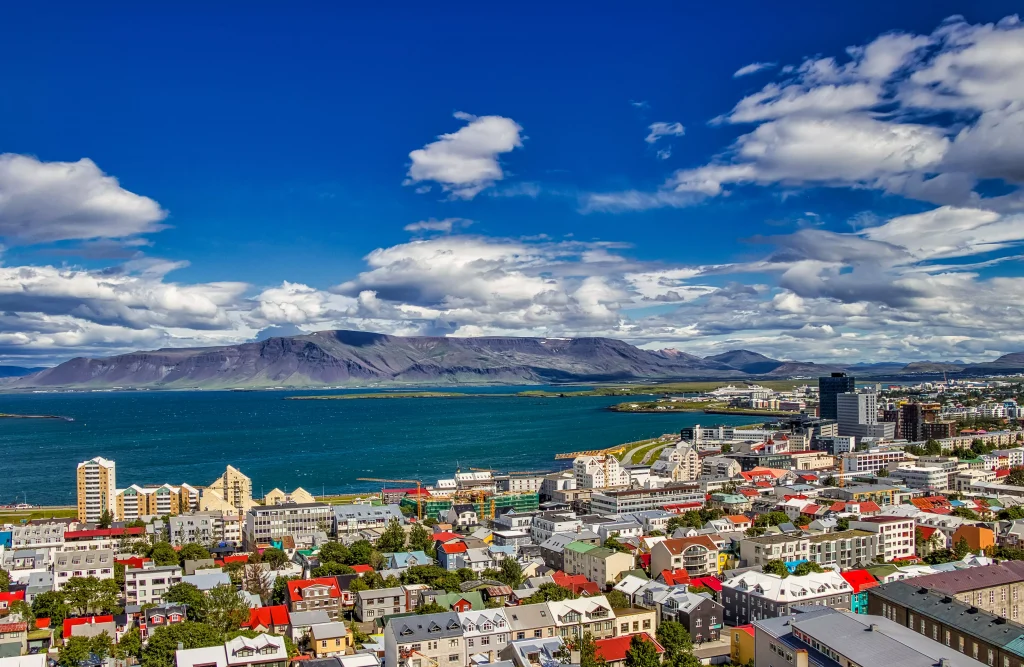
The Global Peace Index, which rates nations based on safety and security, continuing conflict, and militarization, places Iceland at the top. Iceland’s universal healthcare system is funded by taxes. Although physicians may visit patients privately, there are no private hospitals in the nation.
Iceland ranks first in the IMD World Competitiveness Report for basic infrastructure, with a modern telecommunications network and strong airport connections. Some of Iceland’s rural roads have poor surfaces, making driving difficult, particularly in severe weather.
The majority of individuals own vehicles, and public transportation is rather rudimentary. Iceland has one of the lowest rates of crime in the world, particularly violent crime, making it one of the safest nations on the planet. Iceland has a good track record when it comes to dealing with cyber security issues, having established a government task force in 2013 to lay the groundwork for strong, dependable systems.
Iceland has substantially lower air pollution than the rest of the OECD, and virtually all residences use renewable energy. According to the OECD’s Better Life Index, the nation has the best environmental quality. The great recession did not have any significant impact on the independent states of Iceland and for good reasons.
Switzerland
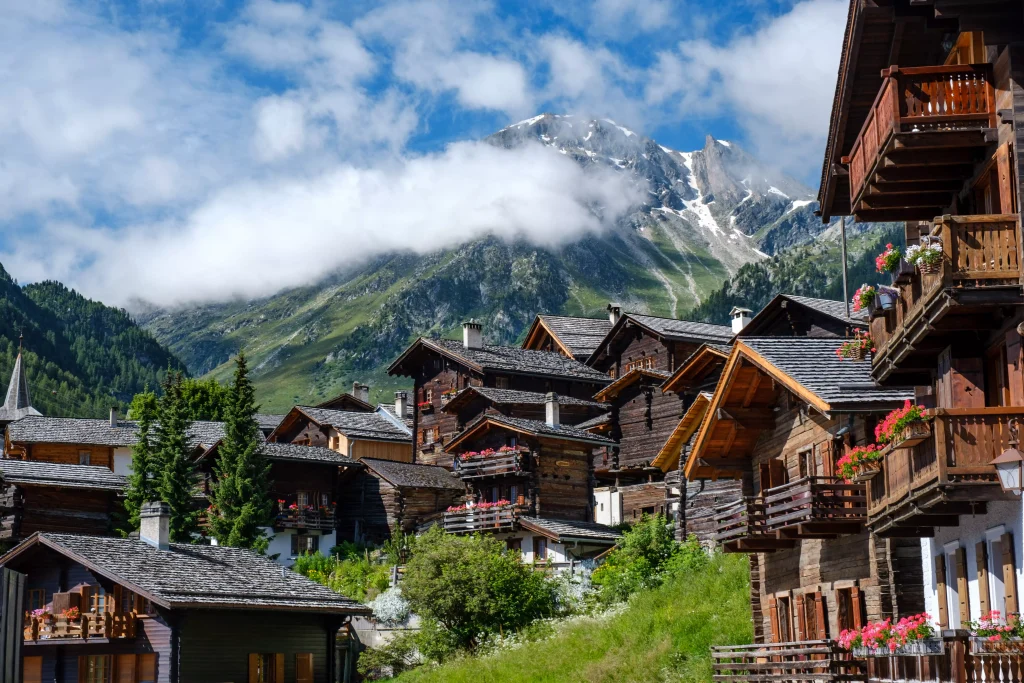
Switzerland is much more than delicious chocolate and stunning snow-capped Alps. Expats from all over the globe flock to the nation, and its central European position makes it a perfect home base for seeing neighboring countries while living in one of the world’s safest countries. Living in Switzerland has both advantages and disadvantages.
The ease with which one may locate a community to fit into, universal health care, accessibility to other European nations, and a thriving outdoor recreation sector, including some of the greatest skiing conditions in the world, are all positive elements.
Even for ex-pats, education and launching a company is straightforward; any foreigner may create a firm provided they satisfy certain requirements, such as establishing a local office and employing a Swiss director. One disadvantage is a small prejudice towards foreigners, as well as an extremely high cost of living that matches New York and London.
Slovenia
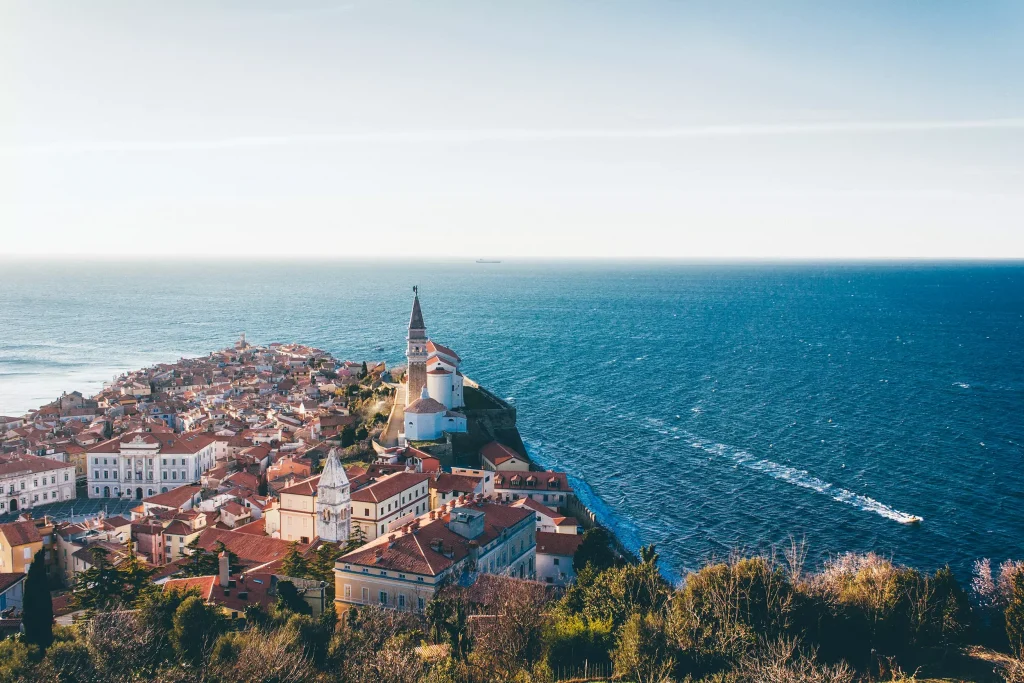
Slovenia is known for its spectacular alpine vistas, lovely lakes, and 11th-century castles, but this European country offers much more. It benefits from an advanced high-income economy as a developed European nation, which positions it high on the Human Development Index.
Slovenia benefits from a culturally diversified community as a result of its central location in Europe, close to nations such as Italy, Austria, Hungary, and Croatia.
This makes it quite appealing to ex-pats and others searching for a new place to live. Its credentials are further strengthened by prospective job possibilities fueled by the country’s thriving economy. Slovenia has one of the lowest rates of income inequality in the world, according to the Gini index. Slovenia is likewise open to foreign nationals who want to establish or expand their company. It is more efficient to do business with them, and the Euro is their currency.
This must not, however, come at the price of the environment. Slovenia’s territory is protected to the tune of 53.62 percent, allowing natural mountains, glacial lakes, caves, wild rivers, pristine seas, ski resorts, and sparkling towns to thrive.
Those who desire nature, clean air, and gorgeous European architecture will find Slovenia to be an ideal place to live and do business. By law, all citizens and registered long-term residents in the nation have access to public health care. Meanwhile, all other underage foreign nationals residing in Slovenia, as well as children without citizenship, are required to attend basic education, which is free.
Although the Slovenian language is not the simplest to learn or comprehend, its residents are well-versed in English.
Read more articles in the Lifestyle Category
